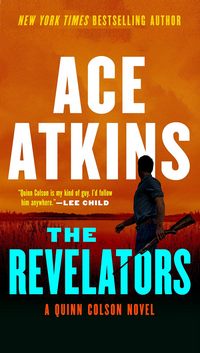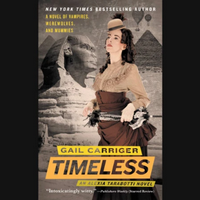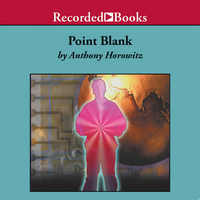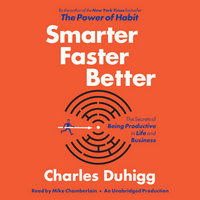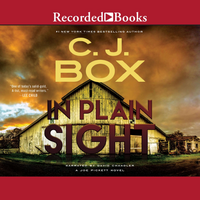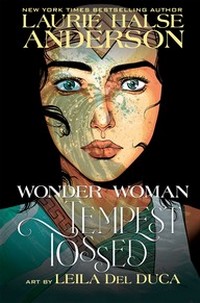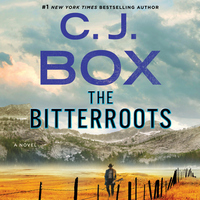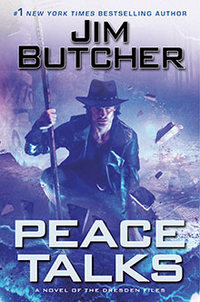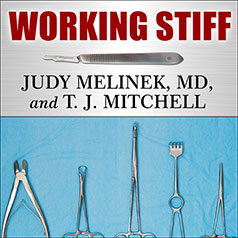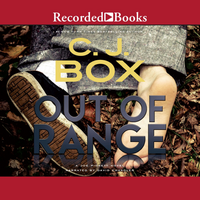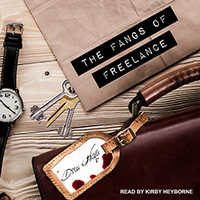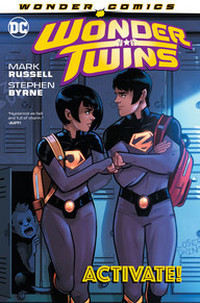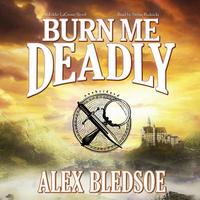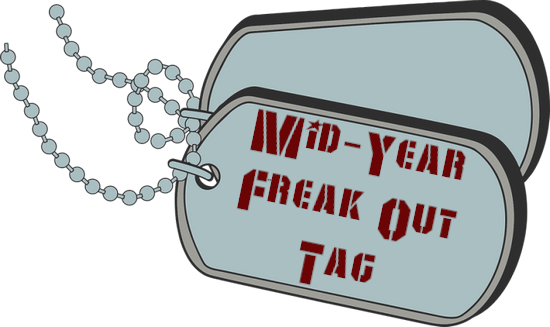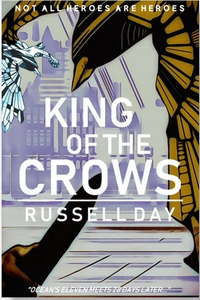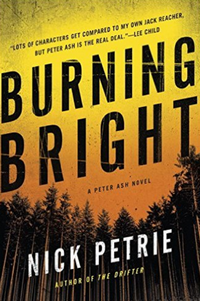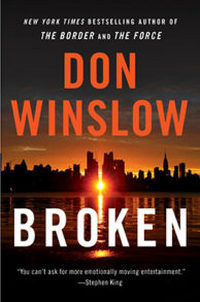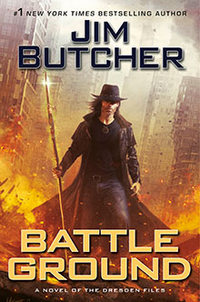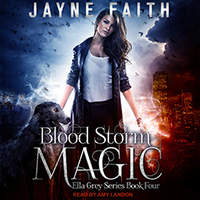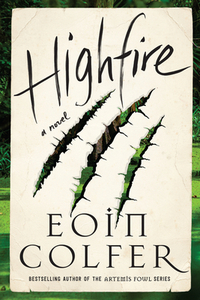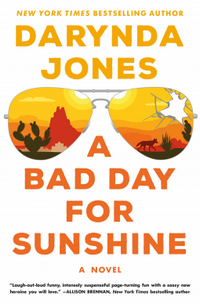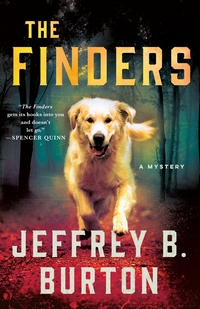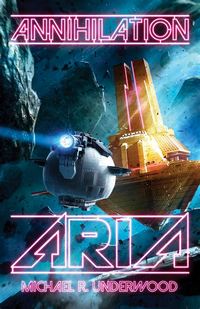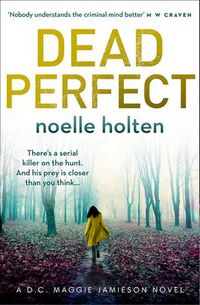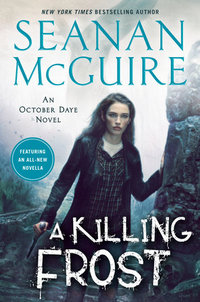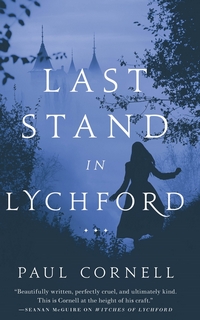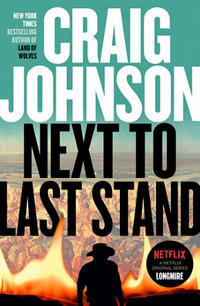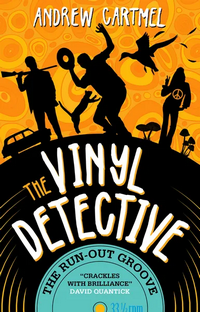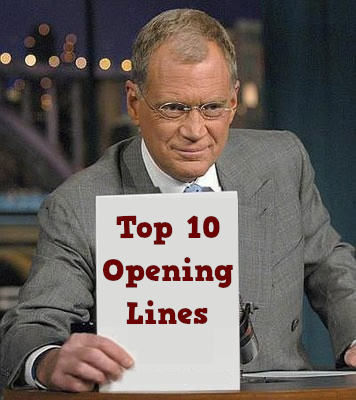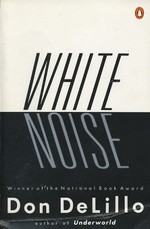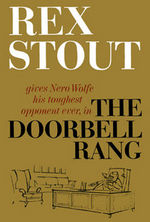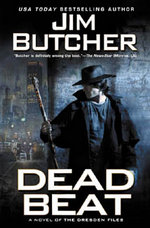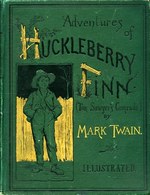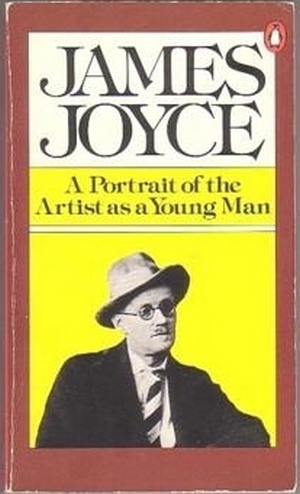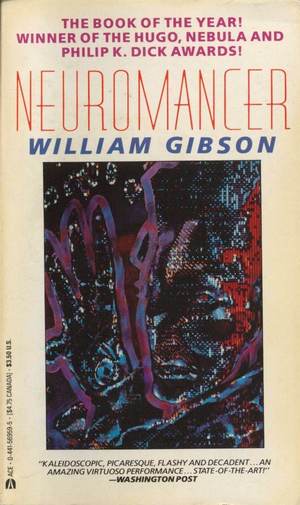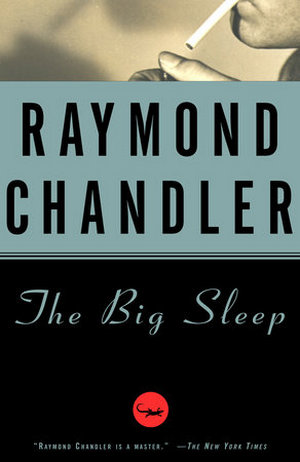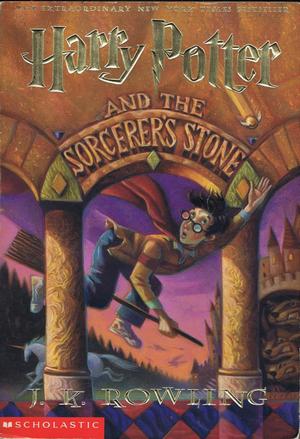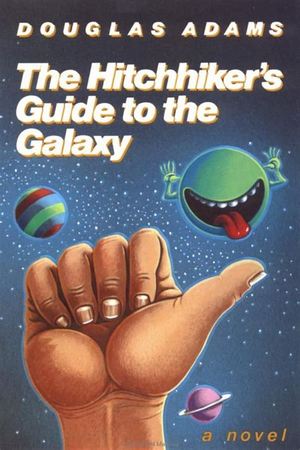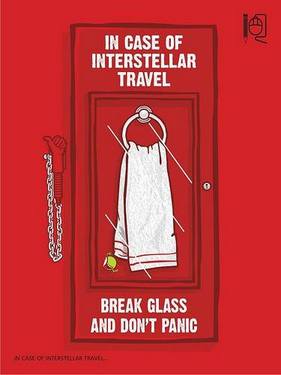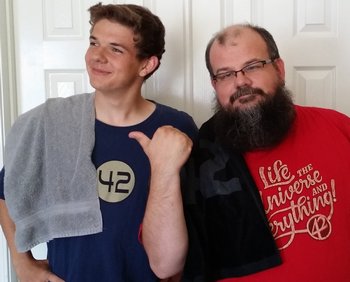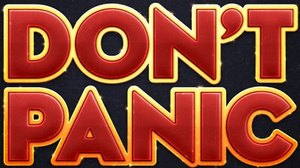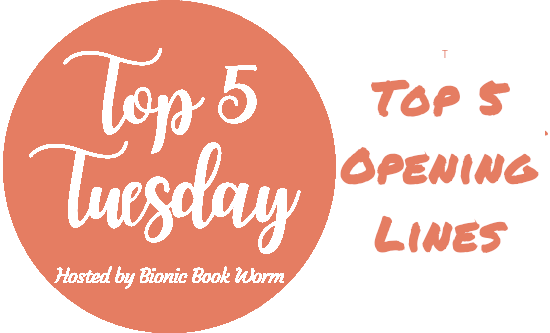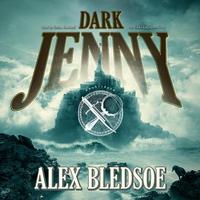 |
Dark Jennyby Alex Bledsoe, Stefan Rudnicki (Narrator) Unabridged Audiobook, 8 hrs., 45 min. Read: July 24-28, 2020 |

What did I say about Dark Jenny the first time I read it?
I have only the vaguest of memory of what actually happened in the first Eddie LaCrosse novel (The Sword-Edged Blonde), and only somewhat better recall about the second (Burn Me Deadly). That’s a reflection on the amount of stuff I’ve read in that time, and is in no way a reflection on Bledsoe. I do have a very clear recollection about what both books told me about Alex Bledsoe’s talent and that I enjoyed them a lot. I’m equally certain that Dark Jenny won’t suffer from that same fading from memory/excuse to reread them. This one is gonna stay with me for a while.
Essentially, this book is a variation of an Arthurian story—ideal king, queen rumored to be less than ideal, noble knight corps with a few rotten apples thrown in, a wizard figure, wicked half-sister, and a whole lotta intrigue—with a few unique twists of Bledsoe’s own thrown in for good measure. Not a sour note to be found here—some notes that were hard to listen to, sure, but…okay, there’s a metaphor that went awry. I was trying to say that yes, there were things that were less pleasant than others—this book goes to some dark, nasty places–but it all worked well.
We get this Arthurian tale via an extended flashback—in the middle of a nasty winter storm, with nothing else to occupy the attention of his neighbors, Eddie receives an interesting package. One so interesting, there has to be a great tale that goes along with it—which he ends up telling to the crowd at his favorite tavern (with only the tiniest of breaks to remind us that this is all in Eddie’s past). By making this all an extended flashback, Bledsoe is able to give us a slightly different version of Eddie—one on the way to being the guy we’ve seen in the last two books. It also gives him the excuse to have a great femme fatale to grab Eddie’s attention without having to write around his lovely lady.
A great, riveting fantasy noir. Can’t wait for the next one already. A decent jumping on point for those new to the series, and a great third installment for those who’ve been around for awhile.
Thoughts this time through
In the nine years or so since I read Dark Jenny I held on to a vague recollection of the plot, I remembered it was a clever twist on an Authurian Legend, and that it knocked me for a loop. But that’s really all I remembered.
So when I started it on my Eddie LaCrosse re-listen, I was excited. And spent a lot of time pretty disappointed. I couldn’t see why it knocked me for a loop.
It was a very clever way to tell an Authurian story while critiquing the Authorian stories. Bledsoe got the best of both worlds there, he got the utopia, the glory, the all the trappings. And he got to show the inherent problems with them, how short lived the utopia was (and if that’s the case, just how “eu” was the topia?)
And it was a fun story about a younger Eddie LaCrosse, sword jockey at large. I wasn’t blown away, but I was having a good time.
And then I got to the part that I must’ve been thinking about when I wrote my original post about it years ago. It’s not long after we learn why the book is called Dark Jenny, if you’re curious. And then I remembered exactly what I felt in 2011 and why the impression lingered even if the details had faded.
What about Dark Jenny as an audiobook?
Once again, Stefan Rudnicki, isn’t who I’d have guessed was a good fit for LaCrosse. But I’d have been wrong, he’s a great voice for this series and I can’t imagine anyone else doing it now. I can’t put my finger on why, but I think this novel works better in print than in audio (which is not a reflection on Rudnicki, it’s something about the story)—but I have no complaints about this as an audiobook.
So, what did I think about Dark Jenny?
I guess I kind of gave it away earlier. At this point in the series, Bledsoe has locked it in. He knows who Eddie is and how to tell his stories. There’s the right mix of fantasy elements (including the Arthurian material) and hard-boiled PI elements; humor and grit; violence and sympathy.
I don’t know if this is that much better than it’s predecessors—but it is somewhat, at least. And it resonates on an emotional level for me far more than they did. I’m completely sold on it.

This post contains an affiliate link. If you purchase from it, I will get a small commission at no additional cost to you. As always, opinions are my own.
![]()


